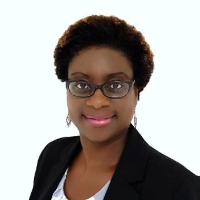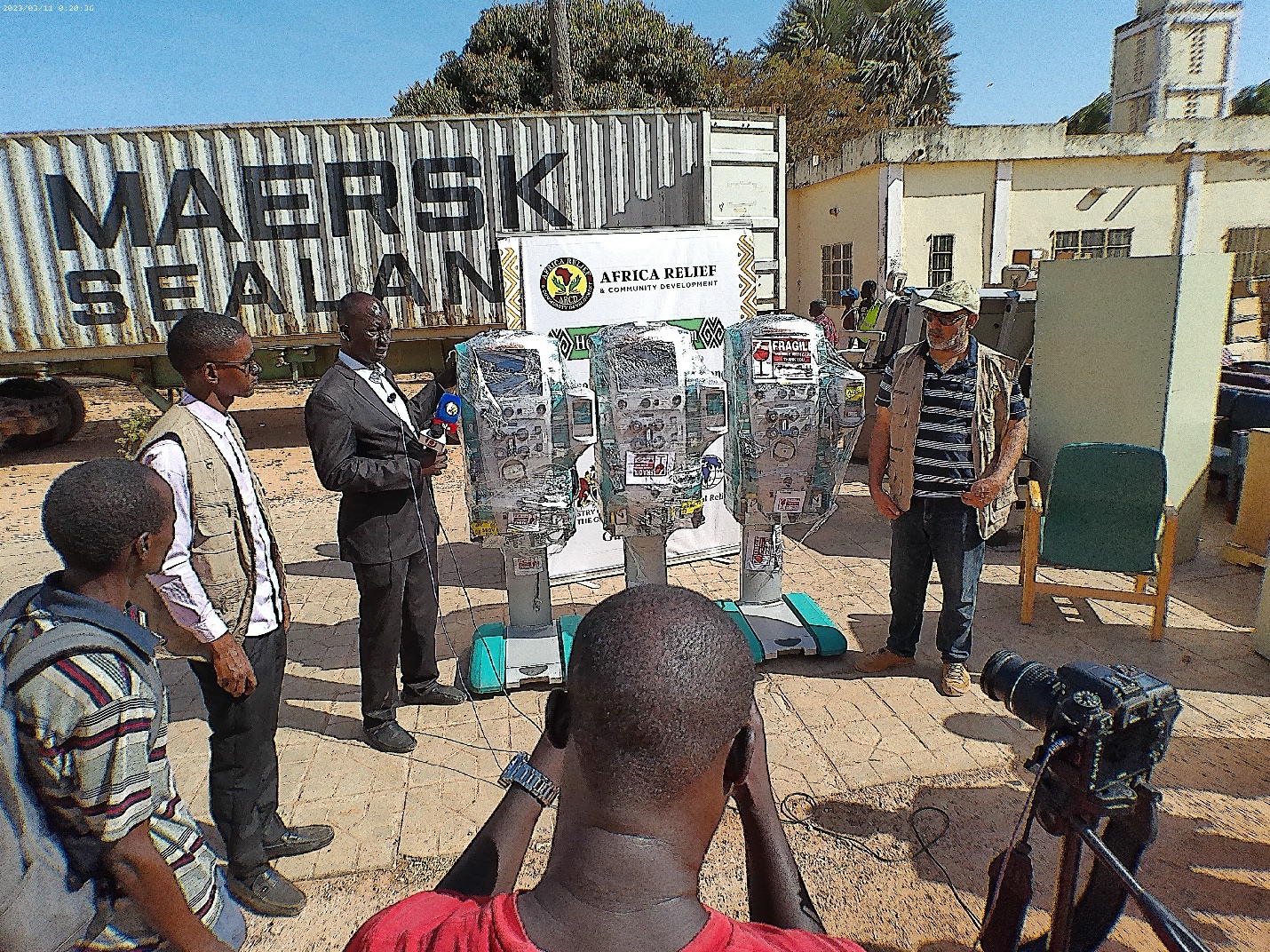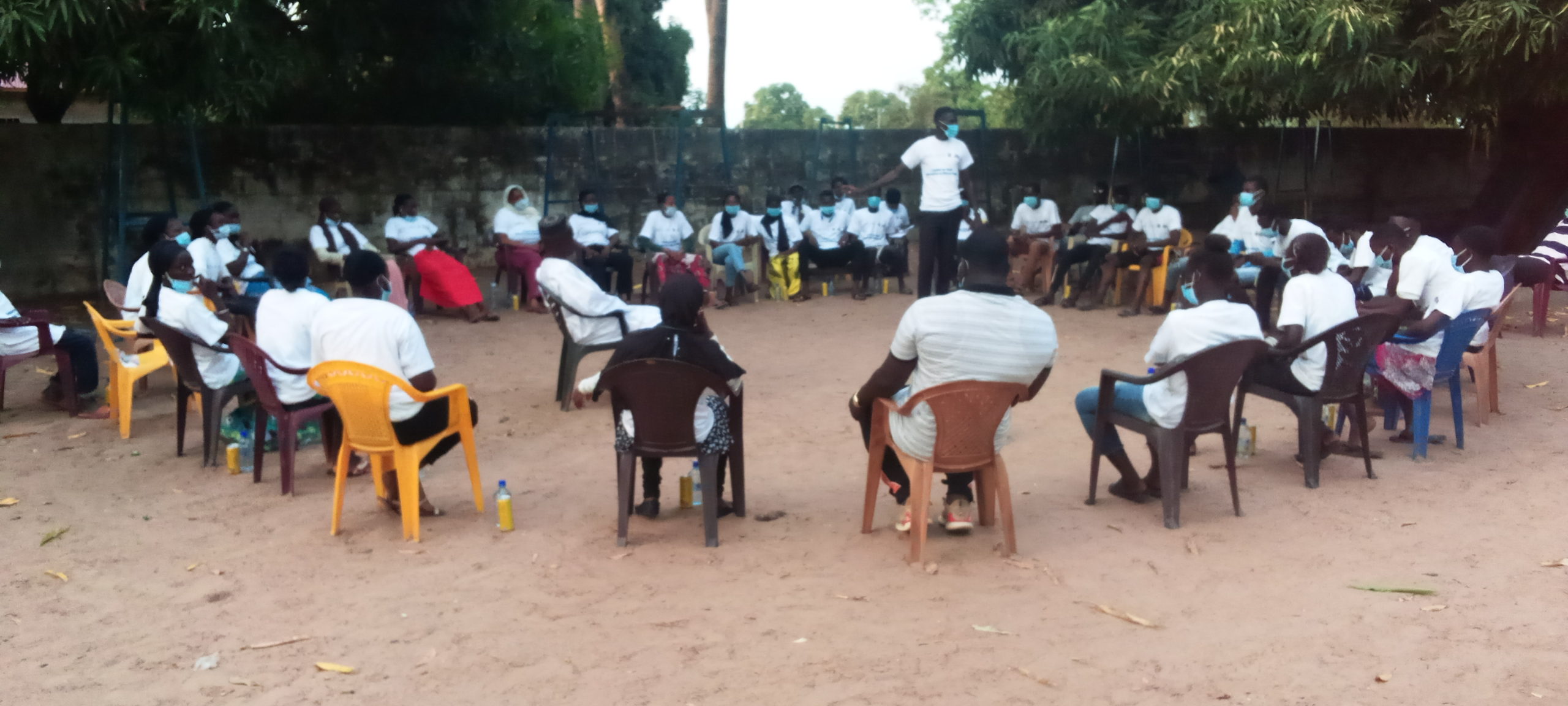The World Bank Board has approved $4.5 million in additional financing from the International Development Association (IDA) to improve the quality and utilization of essential health services and strengthen the national system for public health preparedness in The Gambia.
A statement made available revealed that the board previously approved US$50 million for the Gambia Essential Health Services Strengthening Project.
Further, in June 2023 a grant of US$4.33 million was also supported by the World Bank Health Emergency Preparedness and Response Programme.
The Additional Financing will support the construction of a National Food and Drug Quality Control Laboratory (NFDQCL) and capacity building to prevent and detect health emergencies including establishing an electronic case-based surveillance system to facilitate immediate reporting of priority diseases and events.
Highlighting the significance of this financing, FeyiBoroffice, World Bank Resident Representative, said: “This additional financing will play a vital role in strengthening The Gambia national system for public health preparedness.”
The Task Team leader, Dr. Samuel Lantei Mills, also emphasized the positive impact of the additional financing. “These investments will contribute to the Government’s effort in testing medicines imported into the country, ensuring improved quality of healthcare for all Gambians,” he said.
The International Development Association (IDA) is the World Bank’s fund for the poorest. Established in 1960, it provides grants and low to zero-interest loans for projects and programmes that boost economic growth, reduce poverty, and improve poor people’s lives.
IDA is one of the largest sources of assistance for the world’s 76 poorest countries, 39 of which are in Africa. IDA resources help effect positive change in the lives of the 1.6 billion people in countries that are eligible for its assistance.
Since its inception, IDA has supported development work in 113 countries. Annual commitments are constantly on the rise and have averaged $21 billion over the past three years, with about 61% going to Africa.





